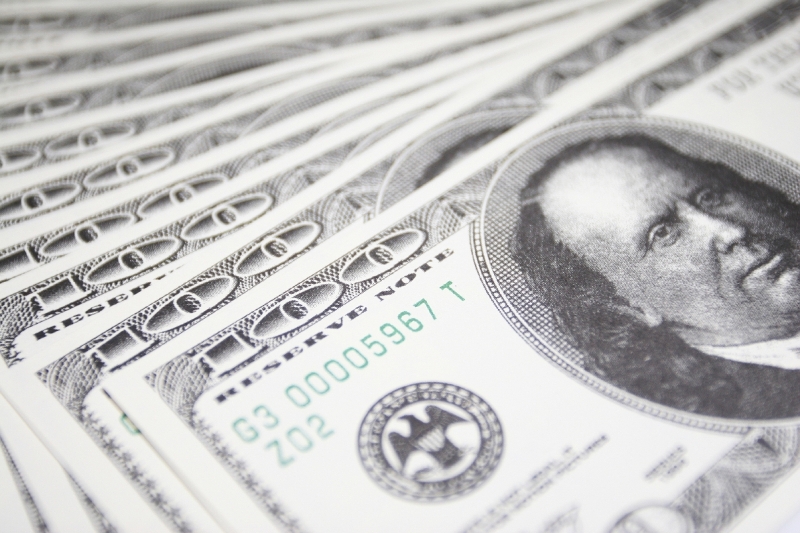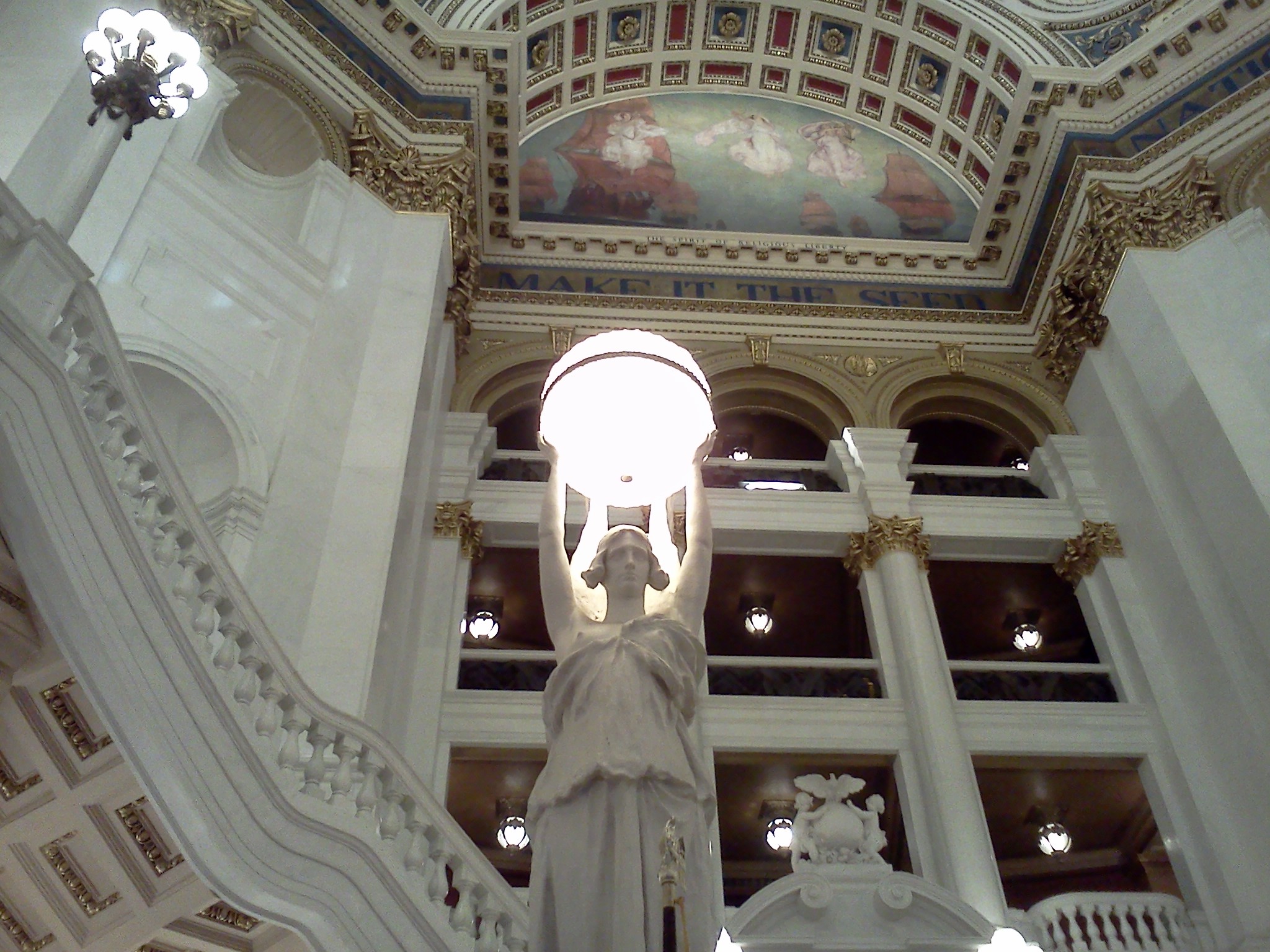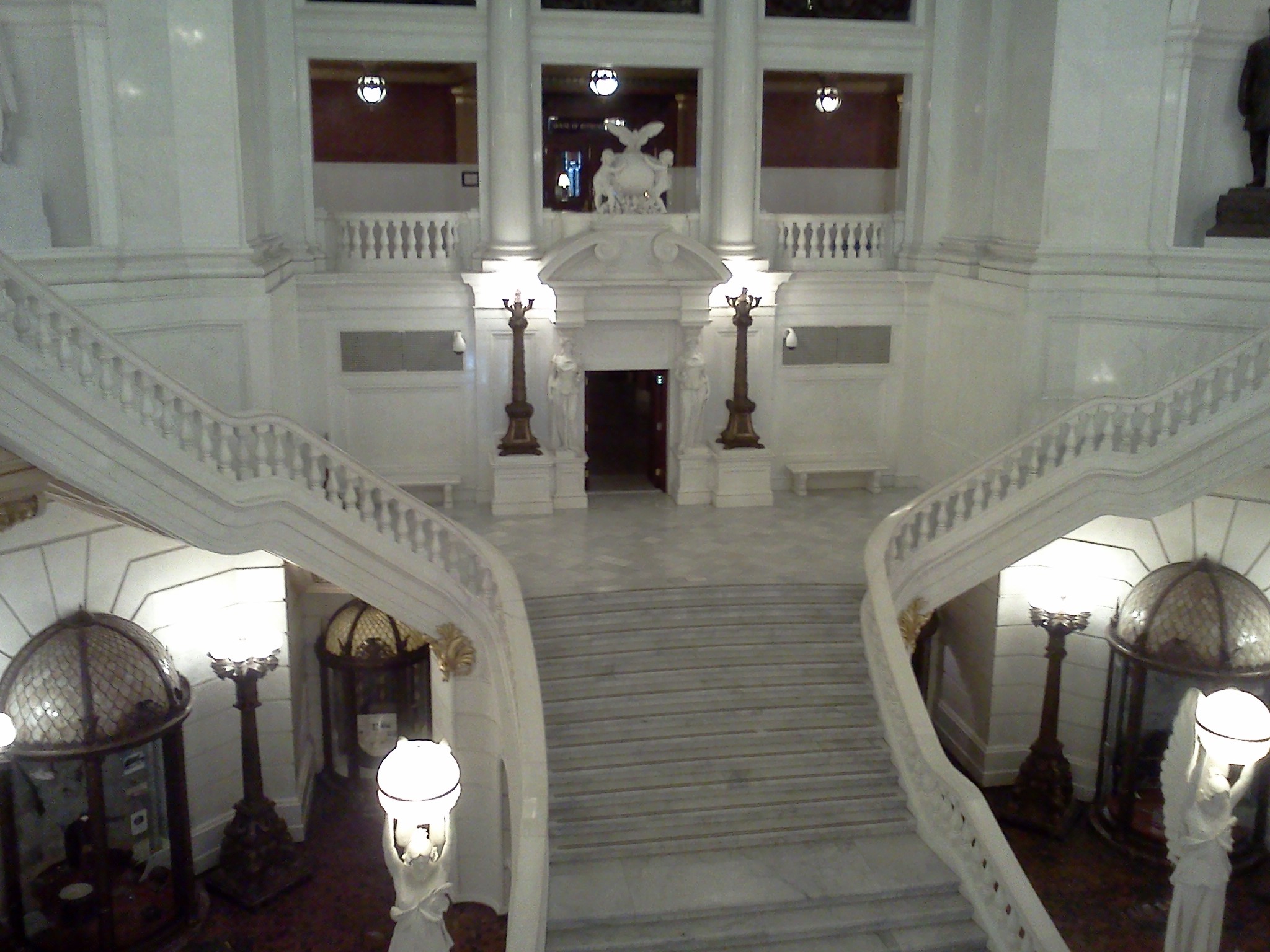Auditor General Says Business Owe Millions In Corporate Taxes
In rolling audits of the Pennsylvania Department of Revenue, Auditor General Eugene DePasquale says they’ve found that Pennsylvania is owed more than 40 million in underpaid corporate taxes. At the same time, the state owes businesses over 5 million from over payments.
DePasquale says it’s not a new problem. The audits have been finding a 6-7% error rate for the last four years. The latest review found more than 12 hundred returns with errors.
He’s calling on the department to step up its efforts to collect the underpayments as well as return the over-payments and forward the difference to the Treasury. He says the net amount of 35.4 million could be factored in to the ongoing budget debate
He says the 35.4 million dollars should be part of the state budget to offset some of the cuts made over the last year. He says it could be used for variety of needs from environmental to education and health programs.
DePasquale could not name the companies that had underpaid, but said two of them were responsible for nearly half of the money owed. He says we should be doing everything we can to collect that revenue to offset tough budget cuts.
He says there are working families all over the state paying their taxes, who are probably asking why corporations did not pay what they fully owed.
The audit results were announced on Tax Day.






